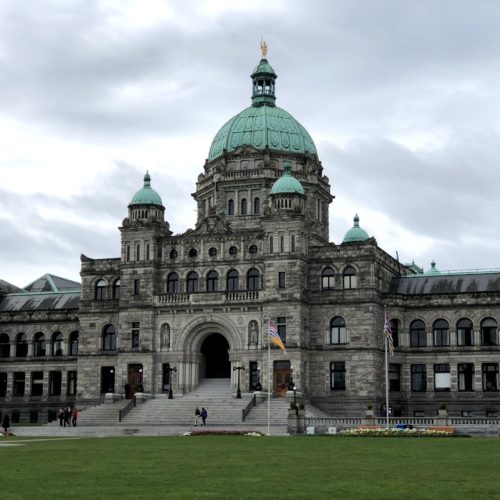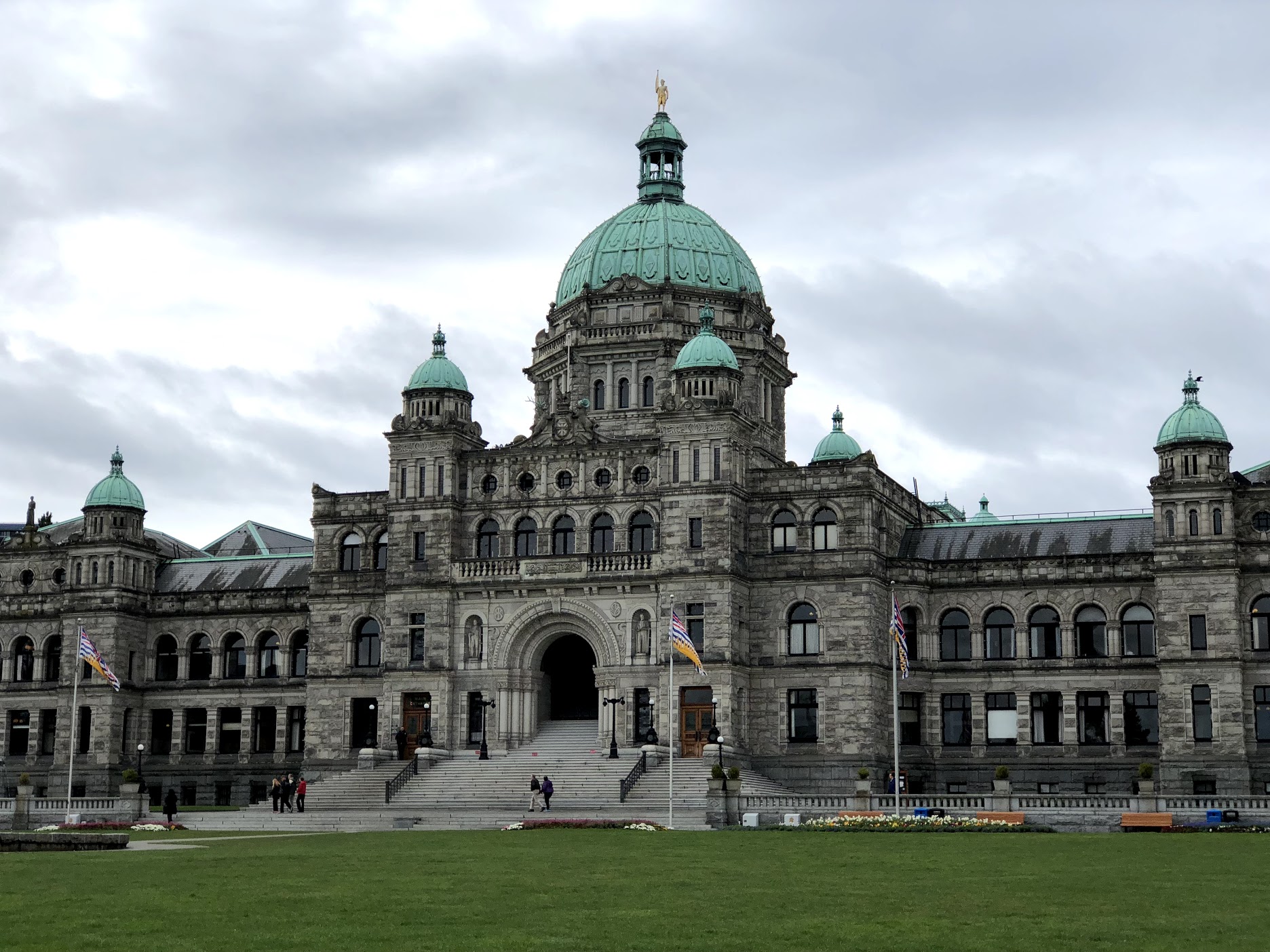Budget 2020 opens the door for Switchboard to play a more prominent role in fuelling tech growth
 By Budget 2020 opens the door for Switchboard to play a more prominent role in fuelling tech growth
By Budget 2020 opens the door for Switchboard to play a more prominent role in fuelling tech growth
February 18, 2020

B.C.’s 2020-2021 provincial budget delivered a clear message to the tech sector: If it ain’t broke, don’t fix it.
Elysa Darling, Switchboard’s Senior Consultant, attended the provincial budget lock-up earlier today. Finance Minister Carole James reiterated the importance of “investing in the jobs of today and tomorrow,” and pointed out that many of 860,000-plus jobs set to open up across B.C. will be in the tech sector. This served to highlight the commitment made in Budget 2018 to provide $42 million to ensure 2,900 tech spaces in a range of technology programming at public post-secondary institutions across B.C.
The lack of new funding commitments for tech and innovation opens the door for Switchboard to play an even more prominent role in fuelling tech growth.
With B.C.’s tech sector ranking first in Canada for economic expansion over the past five years, and with 83,000 tech job vacancies projected by 2027, we are keenly aware of our clients’ need for funding, investment and top-notch talent. The challenge of helping to meet these needs energizes us day in and day out.
“A Stronger B.C., For Everyone”
Because the overall state of B.C.’s economy and society is also of great interest to many of our clients, here are the key highlights of Budget 2020:
Entitled “A Stronger BC, For Everyone,” Budget 2020 continues to focus on the NDP government’s three core priorities: Making life more affordable, delivering the services British Columbians depend on, building a sustainable economy that creates opportunities for everyone. There were no surprises here, as it was expected that the NDP would stay the course of their stated mandate set out in 2018.
Minister James aims to balance the budget in all three years of the fiscal plan, aiming to accumulate surpluses of $227 million in 2020/2021, $179 million in 2021/2022, and $374 million in 2022/2023. As expected, the NDP stayed the course charted by Budget 2019, ensuring balance and affordability continue to be key budgetary priorities.
Making Life More Affordable
For the NDP government, “A Stronger BC, For Everyone” equates to ensuring life becomes more affordable for all British Columbians.
Minister James noted that B.C. is still leading the way in economic development across the country. With a growth of 1.8% in 2019, B.C. continues to have the strongest labour market in the country, with employment growing by 2.6% over the last year. B.C. also has the lowest unemployment rate in Canada at 4.7%. Though B.C.’s economy continues to show resilience, British Columbians have been taking a cautious approach, noted by a decline in consumer spending, and the struggles of interior communities reliant on the forestry and resource industries.
With this in mind, the B.C. government announced and emphasized several priorities for Budget 2020:
· The BC Child Opportunity Benefit, beginning October 1, 2020, will provide nearly 300,000 families with tax-free payment for families with children under 18 years of age.
· The Budget reflects on the progress achieved so far in providing more readily available and affordable childcare. To date, Childcare BC has created more than 10,400 new spaces for children, and reduced rates for over 55,000 spaces.
· As promised in Budget 2018, 2020 will mark the end of MSP premiums, saving individuals up to $900 a year.
· Affordable housing and addressing homelessness continue to be top priorities for the NDP government, noting that already more than 23,000 homes are complete or underway in 90 communities. The province’s poverty reduction strategy works with Homes for BC and TogetherBC to continue to open supportive housing to those in need, noting that over 2,000 previously homeless people now have access to shelter.
Services You Can Count On
Minister James reiterated the importance of strengthening and enhancing the key services British Columbians count on:
· Budget 2020 commits more than $69 billion for health services, including $1 billion in new funding aimed to improve healthcare, enhance patient outcomes and respond to increased demand.
· Within education, Minister James noted that more than 10,000 spaces are being created to improve the learning environments for students in growing communities.
· Budget 2020 also includes $71 million to enhance public safety and support services for people affected by crime, as well as $15 million over three years to improve community connections for Indigenous youth in care.
Investing in a Sustainable Economy
Acknowledging that 77% of all job openings over the next 10 years will require post-secondary education and training, the BC Access Grant builds on previous funding initiatives to ensure B.C. students receive up to $4,000 a year to help with the cost of programs leading to a degree, diploma or certificate.
The ongoing protests of communities central to the forestry and resource sectors in B.C. were top of mind for Minister James today. Stating that the B.C. government “would not leave these people behind,” the government reiterated its commitment through $13 million in new funding to support economic development and revitalization in the forestry sector. The new Forest Machine Connectivity project from the Digital Technology Supercluster may be of interest here, as Canfor and TimberWest utilize innovative technologies to modernize the forestry sector.For more information on Budget 2020 visit the BC Budget 2020 website, or check out these links to learn more about BC Tech’s perspective, what Justin McElroy at the CBC focused on, or Hayley Woodin’s article in BIV.
Share
